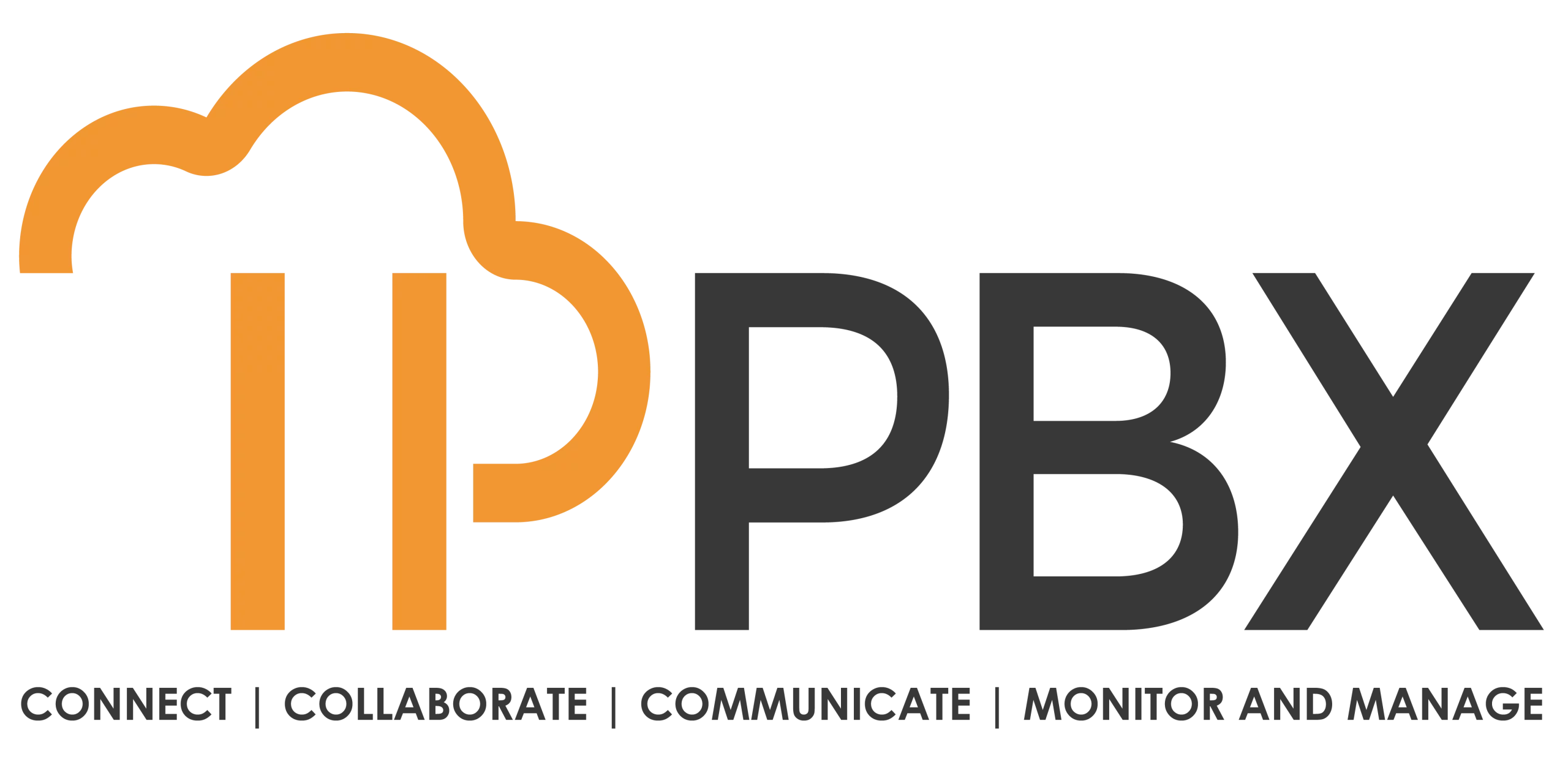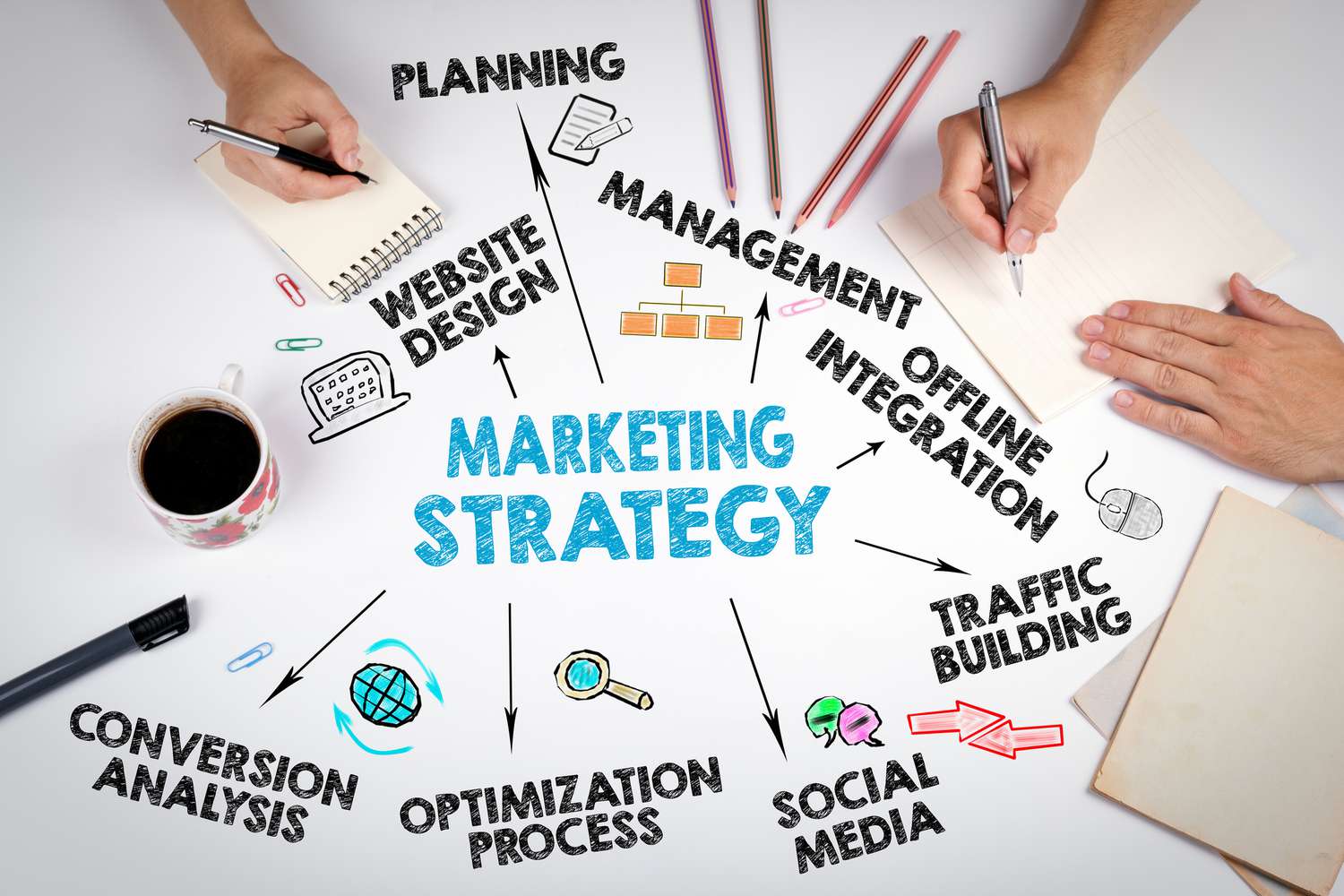In today’s fast-paced digital landscape, businesses face the challenge of adapting to ever-changing consumer behaviors and technological advancements. To thrive in this competitive environment, companies must implement effective modern marketing strategies that not only attract customers but also foster long-term relationships. This article explores the essential components of modern marketing strategies and how they can ensure growth for your business.
Understanding Modern Marketing Strategies
What Are Modern Marketing Strategies?
Modern marketing strategies encompass a range of innovative techniques and tools designed to engage consumers more effectively. Unlike traditional marketing, which often relies on one-way communication, modern strategies focus on interaction, personalization, and data-driven insights. This approach allows businesses to create more relevant and compelling marketing campaigns that resonate with their target audiences.
The Importance of Modern Marketing
In a world where consumers are bombarded with information, it’s crucial for brands to stand out. Modern marketing strategies enable businesses to:
- Reach Target Audiences: By utilizing data analytics and segmentation, companies can tailor their messages to specific demographics, ensuring they reach the right people at the right time.
- Enhance Customer Engagement: Interactive content, social media, and personalized communication foster deeper connections with consumers, encouraging loyalty and repeat business.
- Measure and Optimize Performance: With advanced analytics, businesses can track the effectiveness of their marketing efforts, allowing for real-time adjustments that enhance results.
Key Modern Marketing Strategies for Growth
1. Content Marketing
Content marketing involves creating and distributing valuable, relevant content to attract and engage a target audience. This strategy not only positions your brand as an industry authority but also drives organic traffic and leads.
- Blogging: Regularly publishing informative and engaging blog posts can improve SEO and attract potential customers.
- Video Content: Incorporating video into your content strategy can significantly boost engagement. Videos are highly shareable and can convey complex messages in a digestible format.
2. Social Media Marketing
Social media platforms are powerful tools for connecting with consumers. They allow brands to engage directly with their audience, respond to queries, and build community.
- Community Building: Use social media to create a community around your brand. Engage with followers through comments, polls, and live sessions to foster a sense of belonging.
- Influencer Partnerships: Collaborating with influencers can expand your reach and lend credibility to your brand. Influencers can help you tap into their established follower base, introducing your products or services to a wider audience.
3. Email Marketing
Email marketing remains one of the most effective channels for reaching customers. It allows for personalized communication and direct engagement.
- Personalization: Tailor your emails based on customer preferences and behaviors. Personalized content can significantly improve open rates and engagement.
- Automation: Implement automated email campaigns for welcome series, abandoned cart reminders, and re-engagement efforts to nurture leads without continuous manual effort.
4. Search Engine Optimization (SEO)
SEO is vital for ensuring your content is discoverable by potential customers. By optimizing your website and content for search engines, you can drive organic traffic and enhance visibility.
- Keyword Research: Identify relevant keywords that your target audience is searching for and incorporate them into your content.
- Quality Backlinks: Building backlinks from reputable sites can improve your domain authority and search rankings.
5. Data-Driven Marketing
Modern marketing strategies heavily rely on data analytics to drive decision-making. By analyzing customer data, businesses can gain insights into consumer behavior and preferences.
- Consumer Insights: Use data to understand what motivates your customers, allowing you to create targeted marketing campaigns.
- Performance Metrics: Regularly track and analyze key performance indicators (KPIs) such as conversion rates, click-through rates, and customer acquisition costs to refine your strategies.
6. Omnichannel Marketing
An omnichannel approach ensures a seamless customer experience across all platforms and touchpoints. This strategy recognizes that customers interact with brands through various channels, and it aims to provide a consistent experience.
- Integrated Campaigns: Coordinate marketing messages across social media, email, and your website to create a unified brand experience.
- Customer Journey Mapping: Understand the different stages of your customer’s journey and tailor your marketing efforts to meet their needs at each stage.
Building a Modern Marketing Strategy
1. Define Your Goals
Before implementing modern marketing strategies, clearly define your business objectives. Are you aiming to increase brand awareness, generate leads, or boost sales? Setting specific, measurable goals will guide your marketing efforts.
2. Know Your Audience
Understanding your target audience is crucial for effective marketing. Use surveys, interviews, and analytics to gather insights about their preferences, behaviors, and pain points.
3. Create a Content Calendar
Develop a content calendar to plan and organize your marketing efforts. This ensures consistency in your messaging and helps you stay on track with your campaigns.
4. Monitor and Adjust
Regularly review the performance of your marketing strategies. Use analytics tools to track results and make data-driven adjustments to optimize your efforts. Adaptability is key in the ever-changing landscape of modern marketing.
Conclusion
Implementing effective modern marketing strategies is essential for businesses looking to secure growth in today’s competitive environment. By embracing content marketing, social media engagement, email campaigns, SEO, data-driven decision-making, and an omnichannel approach, companies can connect with their audiences more meaningfully. As you develop and refine your marketing strategies, remember that understanding your audience and adapting to their needs will be paramount to your success.

